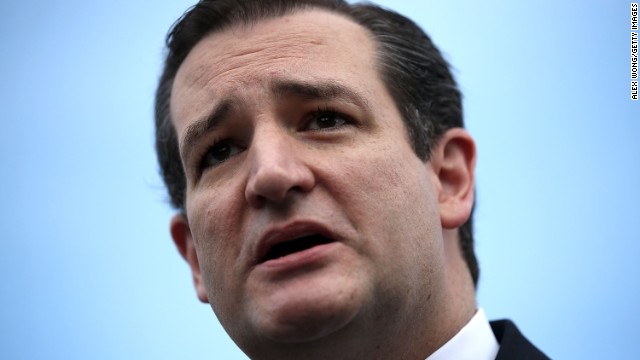 What's Ted Cruz's deal?
What's Ted Cruz's deal?
What's Ted Cruz's deal?
What's Ted Cruz's deal?
http://www.cnn.com What's Ted Cruz's deal? By Leigh Ann Caldwell, CNN updated 9:42 PM EDT, Tue September 24, 2013 Washington (CNN) ...
 What's Ted Cruz's deal?
What's Ted Cruz's deal?
What's Ted Cruz's deal?
What's Ted Cruz's deal?
http://www.cnn.com What's Ted Cruz's deal? By Leigh Ann Caldwell, CNN updated 9:42 PM EDT, Tue September 24, 2013 Washington (CNN) ...